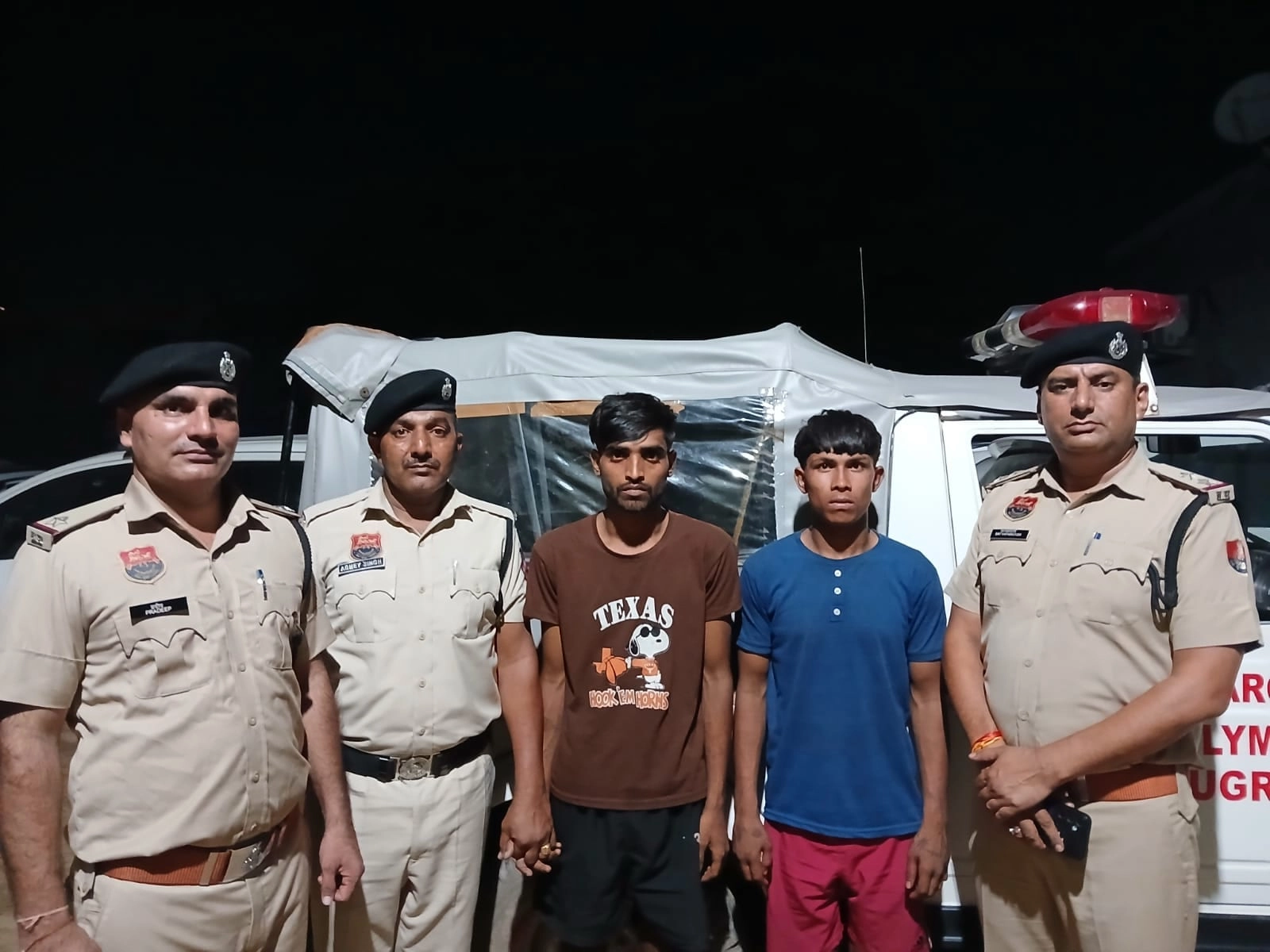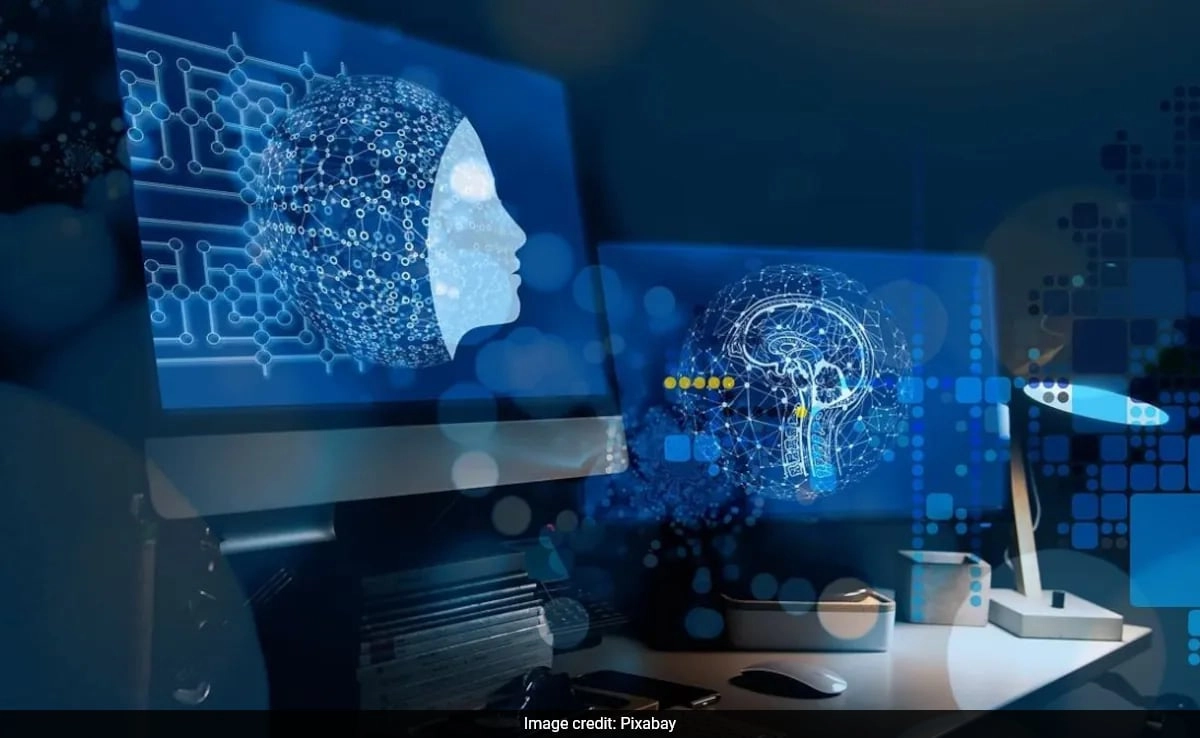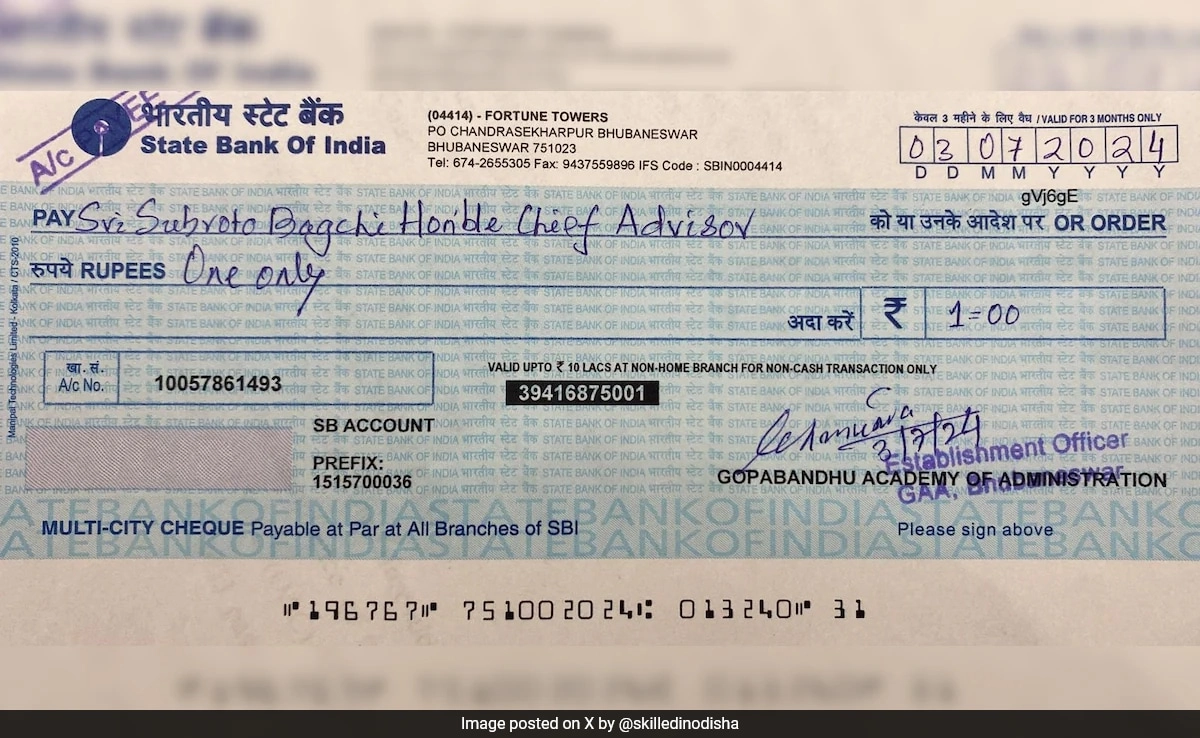During a recent press event, Russian Envoy to India, Denis Alipov, left reporters taken aback with his unexpected greeting of “Sabka Hardik Swagat,” a phrase that translates to “A warm welcome to everyone” in Hindi. This unusual choice of words not only showcased his efforts to bridge cultural gaps but also highlighted the growing diplomatic ties between Russia and India. The envoy’s attempt to embrace local customs and language resonated with many, as it reflected a genuine respect for India’s rich cultural heritage and diversity.
The event marked a significant moment in the ongoing dialogue between the two nations, which have historically shared a robust partnership in various sectors, including defense, trade, and energy. Alipov’s greeting was not merely a ceremonial gesture but served to reinforce the importance of mutual respect and understanding in international relations. As India navigates its role on the global stage, gestures like these underscore the need for diplomacy that is both effective and culturally aware.
Reporters at the event expressed surprise and appreciation for the envoy’s greeting, noting that such efforts can foster goodwill and strengthen connections between countries. It is often the personal touches in diplomacy that leave lasting impressions, and Alipov’s choice of words was a reminder of the human element inherent in international relations. By speaking in Hindi, he demonstrated a commitment to not just engage with India politically and economically, but to connect on a deeper, more personal level.
In an era where diplomacy increasingly requires sensitivity to cultural nuances, the Russian envoy’s approach serves as a model for other diplomats. It emphasizes the importance of understanding and embracing local customs, which can lead to more fruitful discussions and partnerships. As nations continue to navigate complex geopolitical landscapes, such gestures of goodwill can pave the way for deeper cooperation and collaboration, ultimately benefiting both countries involved. Alipov’s “Sabka Hardik Swagat” may have been a simple greeting, but it encapsulated a broader vision of friendship and mutual respect that is essential for successful diplomacy in today’s world.




